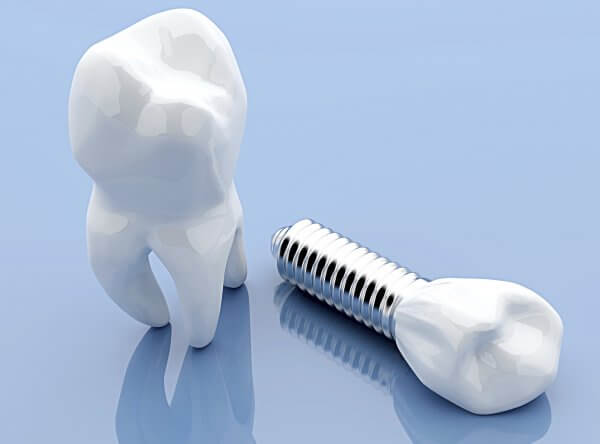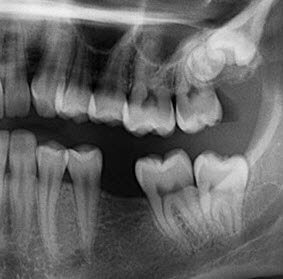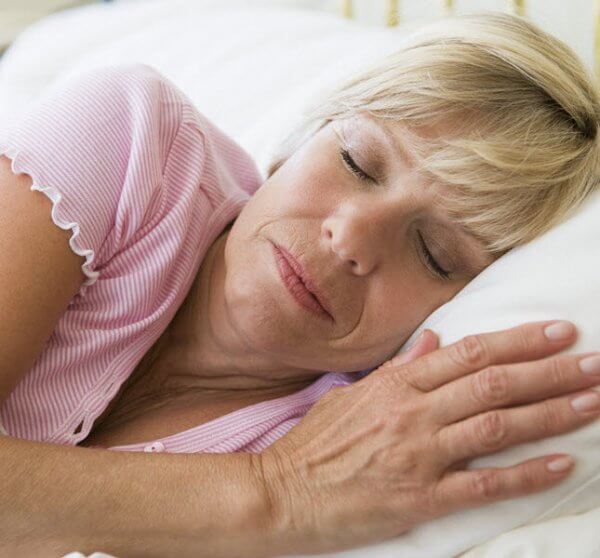What is an Occlusal Splint?
Occlusal Splints, also known as ‘night-guards’ or ‘bite plates’, are often prescribed to reduce pain in jaw joints, minimise teeth grinding and damage to teeth.
There is a good chance that someone you know wears one of these high-quality acrylic/polycarbonate appliances. Occlusal splints come in many different designs and are prescribed by your dentist for different but very specific reasons.
Reasons you may need an occlusal splint or night-guard:
- Teeth grinding, or ‘bruxism’
- Excessive jaw clenching
- To protect existing teeth
- To protect a new dental restoration or implants
- To correct your bite if you have a problem with your jaw joints (TMJ disorders)
Do you grind your teeth at night?
Bruxism, also known as teeth grinding, is a common condition that affects both adults and children. It occurs when a person grinds or clenches their teeth, usually while they’re sleeping. In many cases, the person does not even know that they are grinding their teeth. Typically, your dentist will find wear patterns in your teeth during your dental check-up but sometimes the person’s parent or partner may hear the grinding while they sleep.
What is TMD?
Many people who suffer from differing symptoms such as headaches, earaches, tenderness of the jaw joints or muscles, dull aching facial pain or restricted mouth opening often share a common problem. If this is you, you may be suffering from a family of problems related to the jaw muscles and jaw joint (temporomandibular joint). These problems are referred to as temporomandibular disorders (TMD). The muscles and joints may not function properly resulting in cycles of pain and spasm. There are many reasons for this problem and hence varying opinions about diagnosis and treatment of these conditions.
Why should TMD and/or Bruxism be treated?
To relieve symptoms of TMD, be pain free and enjoy better quality of life, it is advised that you seek dental advice and ensure the best course of management. If it is not, it may lead to further more permanent complications including irreversible jaw joint damage. Surgery is the least preferred option and is very rarely considered. Treatment using splints, bite correction, laser and managing other related medical conditions often provides relief of symptoms.
It is important to treat bruxism as quickly as possible because it can cause extensive damage to teeth, fillings and crowns; cause tooth loss; change jaw height and cause clicking in the jaw joints; cause pain and structural damage and diminish the chances of a good night’s sleep.
TMD management at Cabarita Dental
Dr DeLillo has spent almost 20 years in the study of occlusion (your bite), TMD, headaches, jaw pain and associated ailments. A comprehensive history and examination with relevant tests is performed to make a diagnosis of your problem and its causes. Since multiple factors can contribute to TMD, we engage the professional expertise of a multidisciplinary team. This comprises of physiotherapists, chiropractors, osteopaths, sleep physicians, Ear, nose and throat (ENT) specialists or allergy specialists in the management of TMD, sleep disorders and obstructed airway. All these conditions can be interconnected.
Dr DeLillo is committed to ongoing study and investigation in this area and is a member of the American Academy of Craniofacial Pain (AACP). Cabarita Dental is very well equipped both in technology and expertise to treat your condition for the best possible outcome for you. It gives us great pleasure knowing that we have been able to help so many people in this area and made a difference to their quality of life.
For more information about AACP, please visit: https://www.aacfp.org/




